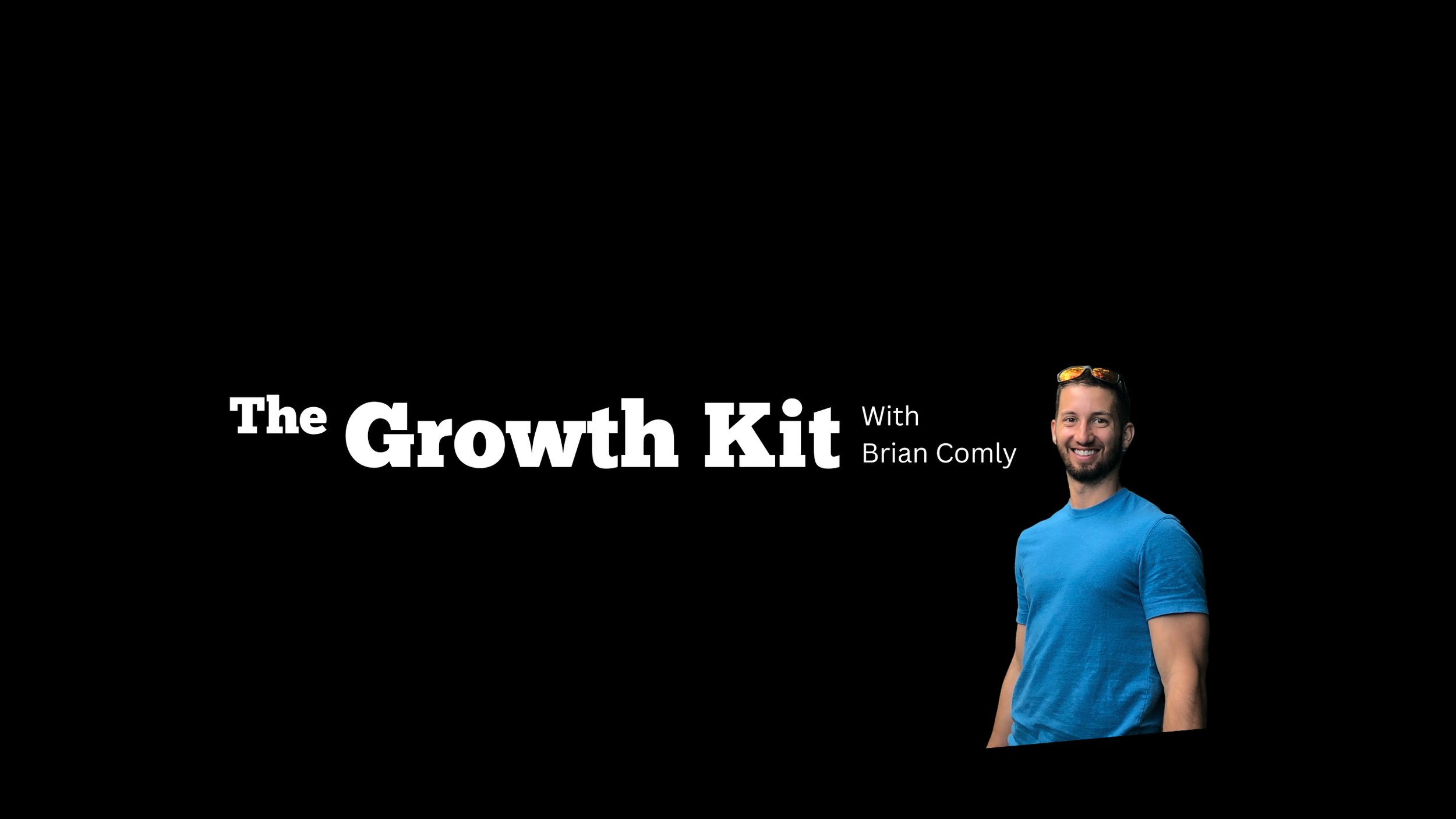
The Growth Kit
Dad
The Dad division of The Growth Kit podcast. Explore practical ways to raise kind, confident, and resilient kids while becoming better at daddoing.
My kids are the single greatest source of joy in my life. But sometimes they just do really annoying things that frustrate the heck out of me. They have tantrums, they refuse to eat foods they’ve eaten 100 times before, they just barely cross the line of every boundary we’ve set, and they’re little angels to teachers, grandparents, and strangers but turn into Angelica Pickles as soon as they lay eyes on my wife or I.
As difficult as it is for the logical part of my brain to comprehend, it turns out that not only are these developmentally appropriate behaviors but they may also be signs of growth and intelligence.
Let’s dive in.
Welcome to a special bonus episode of The Growth Kit! Today's episode is brought to you by a very special guest, my 6-year-old nephew Flynn.
Flynn and my sister have been on quite a journey, learning and growing alongside Laura Petix, also known as the OT Butterfly. Laura is an occupational therapist specializing in the field of neurodiversity, and she's the author of the insightful book "A Kid's Book About Neurodiversity." Flynn himself falls under the umbrella of neurodiversity, and as the biggest fan of my MindBodyDad blog and this podcast, he had a great idea to interview Laura himself. So, without further ado, I present to you Flynn's interview with Laura Petix.
If you have a kid, you have a parenting style that fits into one of four boxes: authoritative, authoritarian, permissive, or uninvolved.
These styles date back to the 1960’s when the psychologist Diana Baumrind first identified three of them (authoritative, authoritarian, and permissive), and then the psychologists Maccoby and Martin added a fourth style, neglectful or uninvolved parenting, in the 1980s.
Baumrind’s theory has been heavily researched and widely accepted and has helped to shape our understanding of the different ways in which parents can influence the development and well-being of our children.
Through this research, there is one style that stands above the rest: the authoritative parenting style. Time and time again, this style is linked to great parents based on the strong outcomes of their kids. The good news is that your parenting style isn’t fixed. While it will take effort to modify behaviors and maybe even your relationship with your kids, you have the opportunity to change.
Read the breakdown, identify your style, and strive to raise better kids.
Raising toddlers is a rewarding yet challenging phase of parenting that often leaves caregivers searching for guidance and effective strategies. Toddlers are constantly exploring the world around them, asserting their independence, and developing their personalities. As a parent or caregiver, understanding the unique needs and behaviors of toddlers is essential to provide them with the support and guidance they require during this crucial stage of development.
In this podcast, I’ve compiled a list of practical tips for parenting toddlers. Some are simple (have snacks at the ready on trips), others require some effort (making a balance beam), and yet others are just adulting reminders (make that will).
In the last 150 years, we've moved from horses to cars and landed on the moon, yet in schools, not much has changed. School curriculums should. Here are things every kid should learn that they probably aren't.
Saying “be careful” sounds harmless but it may have a negative impact on your child’s development. Learn why this is a concern, the importance of kids experiencing risk according to science, and what to say instead of “be careful.”








A staggering 80 percent of a child's learning within their first 12 years is dependent on their visual abilities. When there’s a suspicion that a child has a behavioral issue, a learning disorder, or a mood disorder such as anxiety or depression, it’s vision deficits that can often be the main reason.
According to 20/20 On Site, “More than one in 20 preschool-age children and one in four school-age children have a vision disorder.” While routine eye exams are crucial, some visual issues may require additional intervention.
Vision therapy is a non-invasive and effective treatment option that can address various visual challenges in children. Occupational therapists can also work alongside optometrists and vision therapists to address visual, sensory, and motor impairments that are closely related to a child's visual skills. By recognizing the signs that your child may benefit from vision therapy, you can take proactive steps to support their visual development and overall well-being.